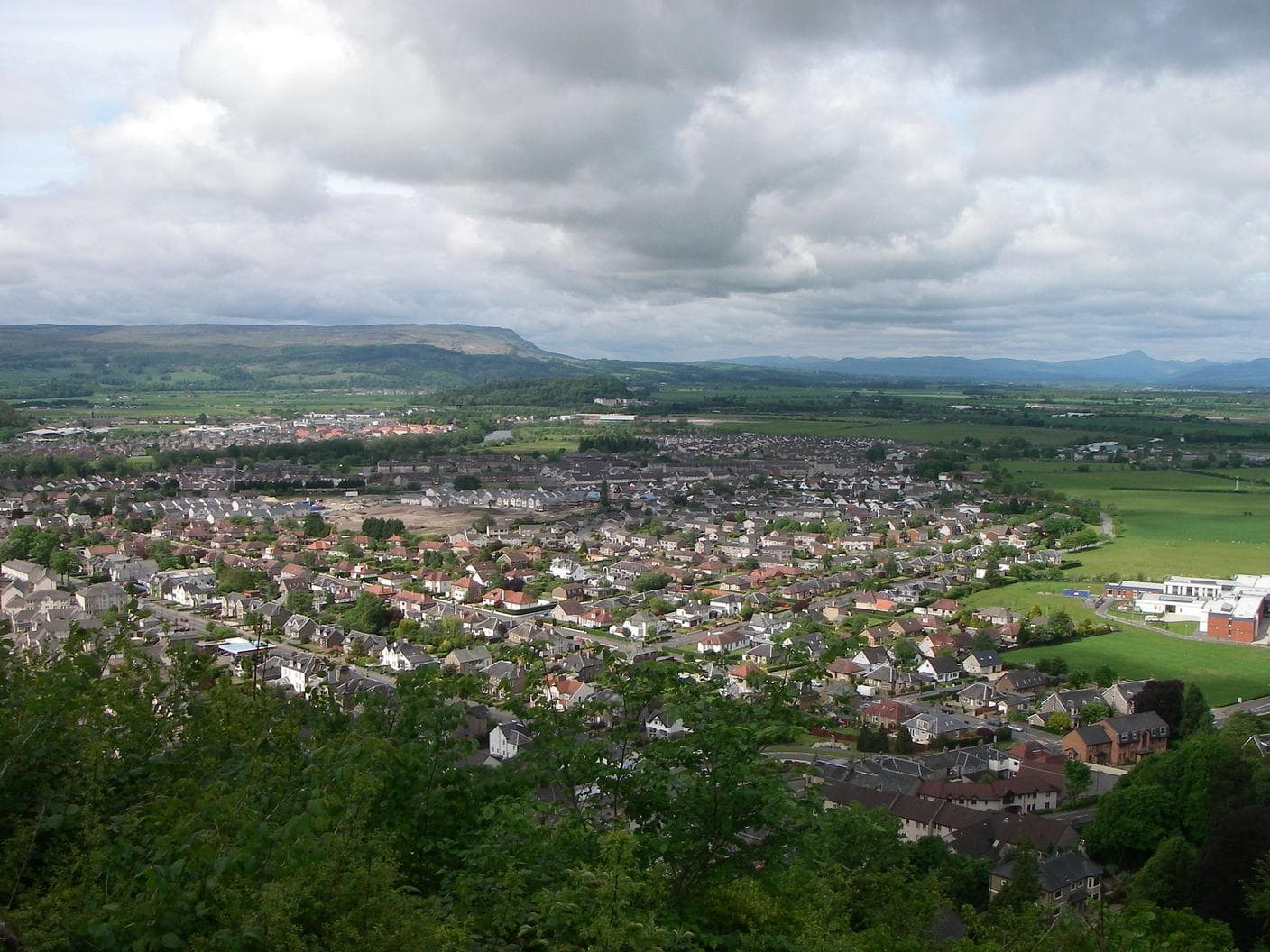On Thurs., Sept. 18 the people of Scotland went to the polls to vote on whether they should become an independent country. The referendum placed before Scottish voters asked only a single question: “Should Scotland become an independent country?” Thankfully, the answer was a resounding no by a majority of voters.
It was an anticlimactic end to the campaigns for and against independence that had stretched on for several years. When I had the chance to visit Edinburgh, Scotland over the summer, the propaganda from both the yes and no campaigns could be found almost everywhere. The yes campaign presented the vote on Scottish independence as a once in a life time opportunity to show Scotland has the ability to thrive on its own.
According to Reuters, after all the ballots were counted, no had taken 55.3% of the vote while yes had 44.7% of the vote. This referendum was an incredible exercise of democracy and the final results showed that Scots are somewhat divided on this issue. The turnout rate, according to CNN, was an astounding 86% as many Scots came out to make their opinion known. However, if the people of Scotland voted to break away from the United Kingdom and form their own independent nation, the 300 year old union that is the United Kingdom would have been destroyed.
There would be countless problems and questions that would suddenly arise for a new independent Scotland and what remained of the United Kingdom if the vote was yes. For example, what would happen to the renowned union jack flag that represents the United Kingdom? Where would British nuclear submarines based in Scotland go? What currency would Scotland use? Would Scotland become a member of the European Union? What would Scotland do for a military? These are just some of the questions and issues that would have arisen if Scotland declared independence.
Even though the people of Scotland have decided not to become an independent country, there will still be some major changes in regards to their autonomy. Prior to the vote, Prime Minister David Cameron and leaders of the other major UK parties promised to grant Scotland greater autonomy and more say over their government affairs if they voted no. This promise may have been key in swaying some Scottish voters to consider full independence not necessary.
At the moment, the Scottish parliament already has the right to set and administer policy in many areas such as health care and education however many others are reserved to the UK parliament at Westminster. If British leaders hold true to their promises, Scotland will be given much more over domestic and economic policy while only foreign policy and national defense matters will still be handled by Westminster. Some, including myself, wonder if Scotland will suffer from having more autonomy especially when it comes to economic related matters. Nevertheless, these changes will not take effect for at least a year and their impact will not be known until sometime after that. This referendum was historic and showed democracy at its best however, it was also the final say on this matter. The United Kingdom will remain united.

Leave a Reply